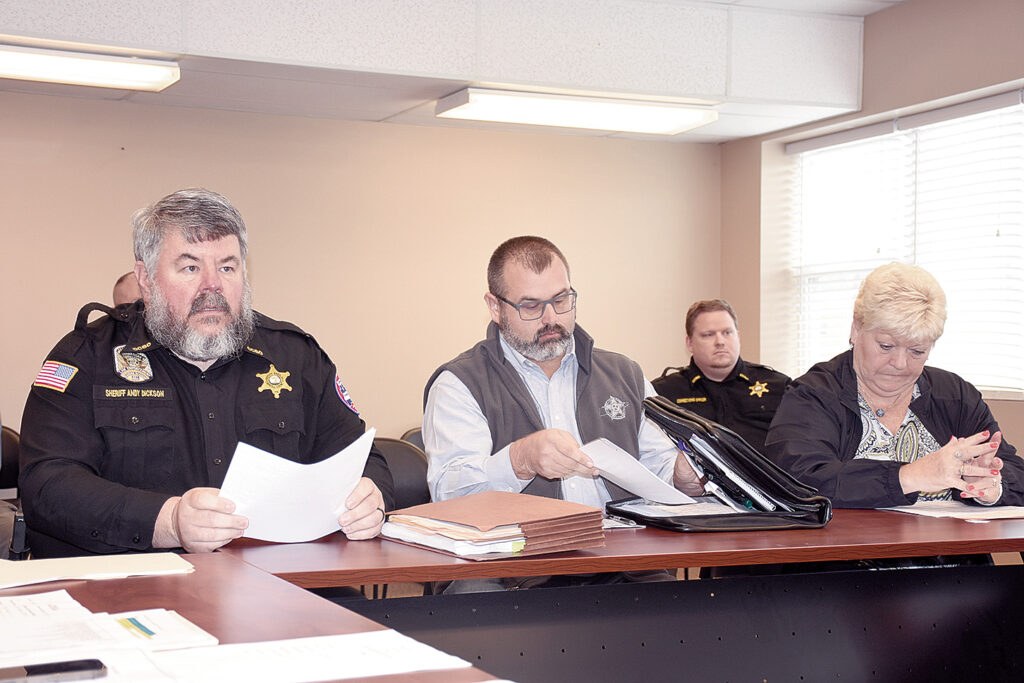
For most people, their job is their livelihood, and to keep a job, you have to perform well. When we receive criticism at work, it can make even the most confident employee feel insecure about their job and their performance level. However, criticism isn’t inherently negative and is often necessary—so how do you handle criticism at work without taking a hit to your confidence?
Reign in Your Initial Reaction
Your initial split-second reaction isn’t something you can control, but you can control what you do immediately after it. Take stock of your body language, your facial expression, and your tone, and bring it to neutral. You can feel your feelings and react however you need to later, but at the moment, you need to remain calm. If you lash out, you’re only putting your job at risk.
Ask for Clarification
Most of the time, a colleague or employer won’t criticize you for no reason. Even if they didn’t do it in the most tactful way, there’s some meaning or even truth in what they’re saying.
For example, if someone drops a mound of paperwork on your desk and says, “This needs some serious work. I can’t work with this many mistakes.” You should respond by asking clarifying questions like, “Could you show me what needs work?” or “What can I do to avoid these mistakes in the future?” Even if you think they’re completely incorrect, you want to make sure you know what they’re actually saying, not just what you hear.
Parse the Criticism
In your notebook, on your phone, or on a notepad, write down what they said, what you heard, and what they really meant. Then, write or make a list of what’s wrong with the criticism, what’s right about the criticism, and what action you can or should take afterward. This will help you separate yourself from the feedback, process your feelings, and determine if their criticism is truly legitimate or if they said it out of frustration.
Don’t Let It Affect You Personally
Many people, understandably, roll their eyes at the phrase “Don’t take it personally.” This phrase feels dismissive and unhelpful—after all, you’ve likely already taken it personally, so what can you do? When someone says this to you, what they’re really saying is, “Don’t apply what they said to yourself. Apply it to your job and your role.” You are not your job, and your job is not you. While it may take time, learning to define yourself separately from your job is key to confidently handling criticism at work.
Understand the Difference Between Bullying and Critique
There are times when criticism can cross the line from constructive to destructive and can even become abusive. If someone screams, hits, threatens, or continuously gives you harsh and unfair criticism, that isn’t a critique. It’s abuse and harassment.
No one should ever make you feel unsafe or afraid at your job. If you do, this may be a sign that you’re in a hostile work environment, and a hostile environment can affect your well-being. There’s no shame in making a plan of action to find a new job to protect your physical and mental health.







